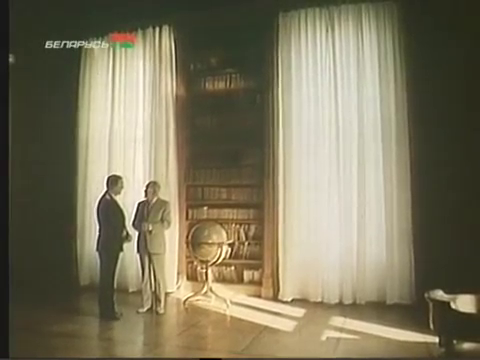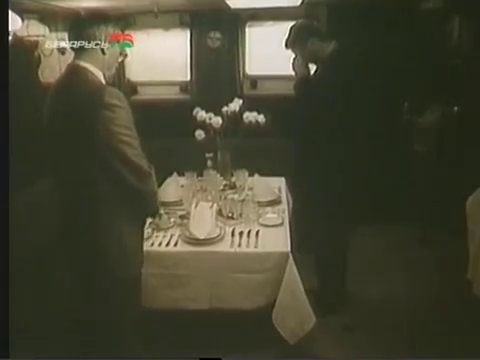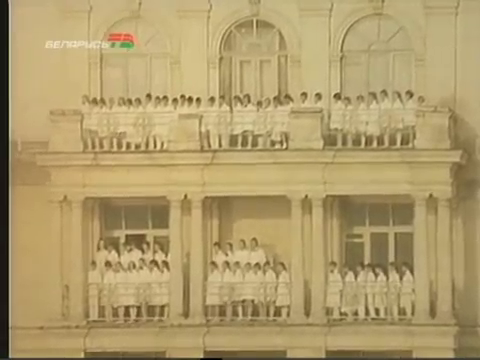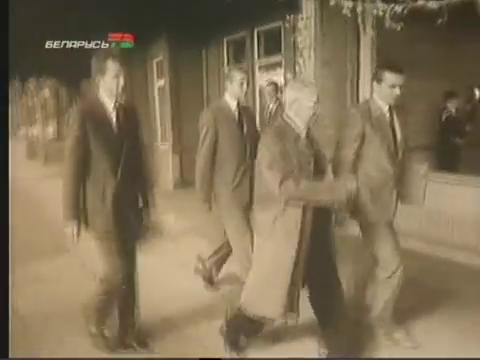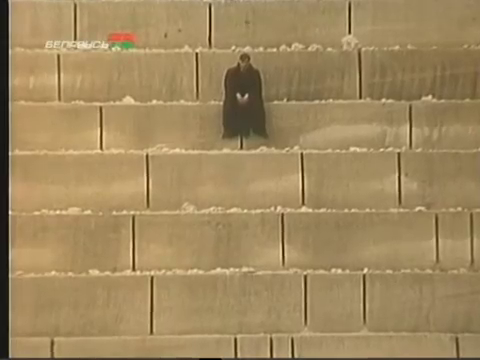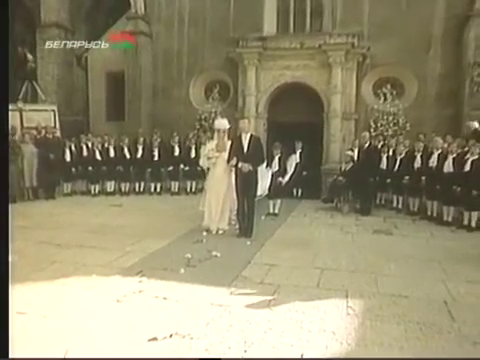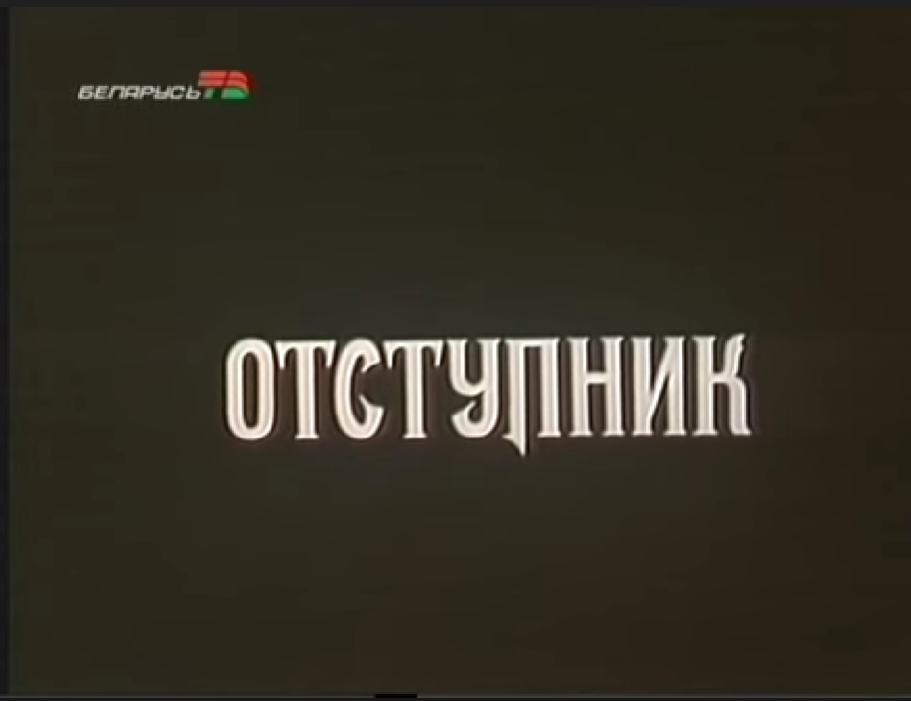
#494 – The Apostate (1987)
The Apostate (1987)
Film review #494
Director: Valeri Rubinchik
SYNOPSIS: Miller, a physics professor, manages to create a device that can clone human beings. When the government learn of it, they want Miller to turn over the machine for their own uses. Miller also gets caught up in a conflict with his own clone, as the two lead similar, yet different lives, and come to different conclusions about what to do with their similar, yet different lives…
THOUGHTS/ANALYSIS: The Apostate is a 1987 science-fiction film based on the novel Five Presidents by Pavel Bagryak. The film opens up with Professor Miller, a physics professor at a university, visiting the President of a certain country: Miller has invented a method of cloning humans, and the government wants him to turn it over to them so they can use it for probably military purposes and such. The film revolves around Miller, as people try and get to him and his secrets, and also his clones, who lead the same, but different lives. The aim of the film is to explore the implications of cloning technology, and all the ethical conundrums that emerge from it. It’s all mostly stuff you’d expect to be explored, but it does it with a fair amount of depth and explanation. The structure of the film is a bit odd: almost self-contained scenes are separated by long interludes of imagery and music. As such, the flow of the story is rather disjointed and doesn’t really tie into a flowing narrative, which is odd seeing as it is based on a novel. The different scenes thus serve as dialogues about the various implications of cloning and the possibilities that come with it. As such, it becomes quite easy to get lost with regards to what is happening.
The aspect of the film which holds it together more than any other is the interactions between Miller and his clone: they both have the same memories, but their lives begin to diverge as they get involved with different people and such. Miller and his clone(s) are portrayed by the same actor, so the scenes involving them are carefully shot so that only one of them is completely visible at any one time. The fact that the two diverge in appearance (hair styles, glasses etc.) as the film goes on is also a nice touch that emphasises that divergence in their lives, and that while they may be identical, they are also now different. The rest of the cast doesn’t really stand out in any significant way, but I guess they don’t really need to. All of Miller’s clones moving about and some of them getting killed really does make the film even more confusing, but again the overarching plot doesn’t really seem to be the focus of the film.
With a runtime of nearly two and a half hours, the film takes it’s time in exploring it’s subject matter. The interluding scenes that bridge the dialogue scenes focus on vast landscape views, and often violent weather and associated destruction accompanied to classical music; which stirs up the feeling of nature responding to the cloning being itself a rebelling of nature, which is cool, but I’m not sure that’s the aim, and if it is it could have been done much more explicitly to good effect. As mentioned, the scenes where Miller and his clone are present are carefully shot so that the same actor can play both parts, and this is pretty well pulled off, and doesn’t feel forced. The rest of the cinematography too is pretty solid, from scenes that pan across large settings, to transitions between different parts of buildings, the camera work is fluid and competent. Overall, I don’t think The Apostate offers anything new to the discussion and implications of cloning, but it approaches the subject with clarity, while also plunging it’s depths too. The disjointed story does not lend itself to the traditional cinematic structure, and it’s very easy to get lost in the film’s wanderings. It’s probably not got anything unique enough to be worth a watch, unless you’re big into soviet cinema, and how it might take on the idea of cloning.



